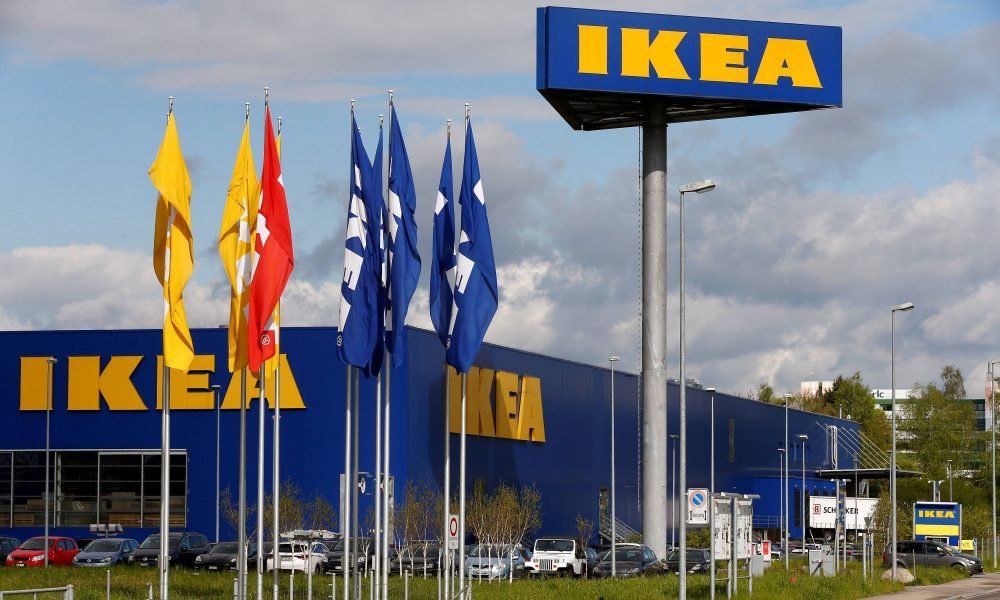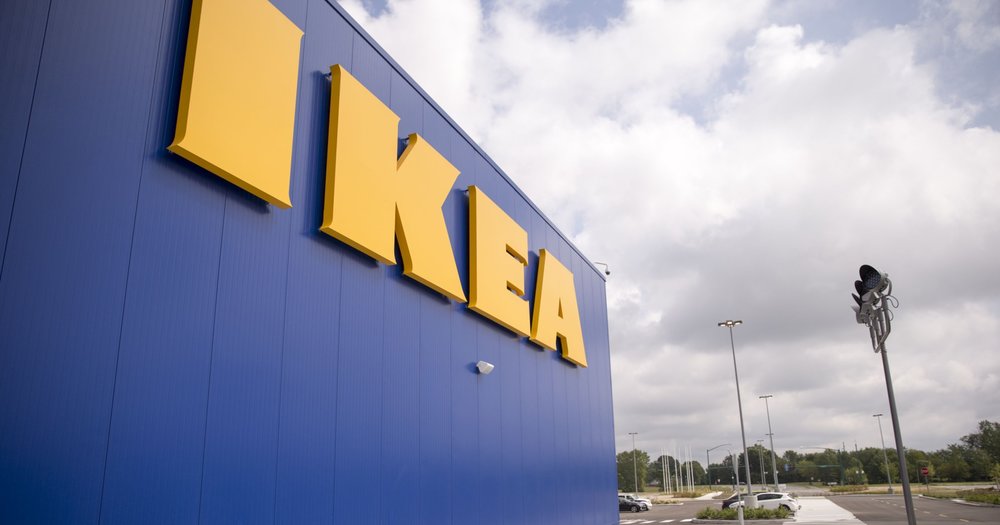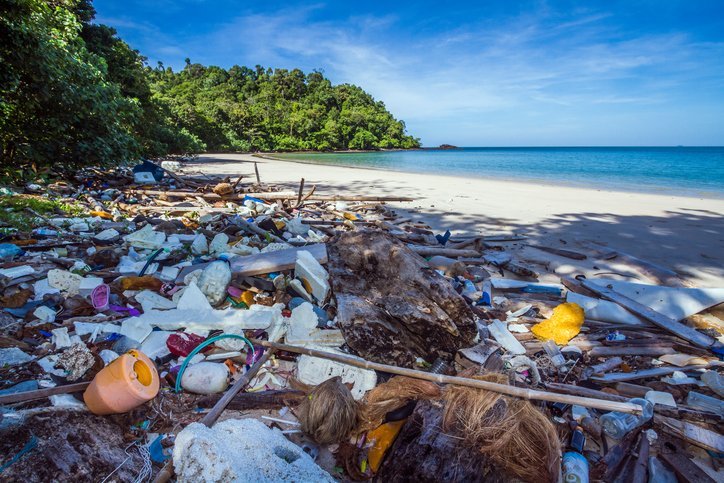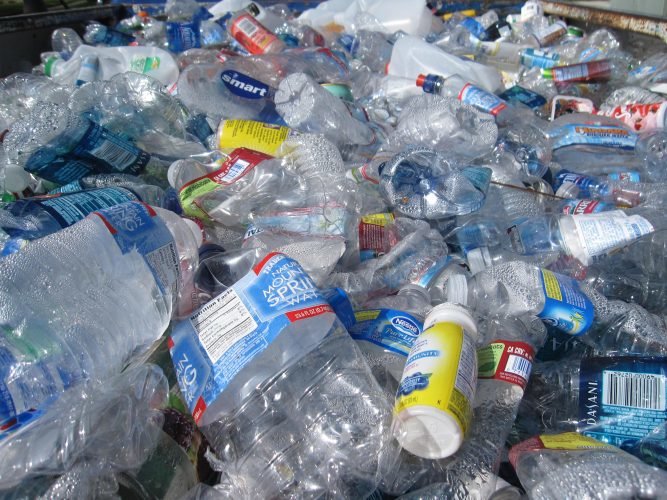
Ikea is Banning Plastic from 2020, And Here’s Why You Need to As Well

Ikea, one of the largest retails in Sweden, announced recently that it would put a stop to the sale of indivisible-use plastic items come 2020. The company also says that the restriction will spread across every branch operating under its management worldwide. It, however, promised to produce materials that will have the ability to accommodate amendment, reselling and renewal in the coming years.
Ikea’s decision is a sharp response to a declaration by the governing body of European Union. EU is ready to prohibit plastic products, such as balloon rods, straws, cutlery, cotton buds, and drink sticks for stirring. Indivisible-use plastic has the potential to destroy marine habitats.

Ikea is working tirelessly towards its 2020 and 2030 vision to offer the people and the entire universe a ‘positive’ habitation
This action is among its strategy to manufacture Ikea goods with the objective of utilizing only recyclable and renewed products. Also, it plans to make zero-emissions possible latest in 2025. Another benefit is that the amount of zero-meat bites and foods in its outlets will be increased.
The CE working for Inter Ikea Group, Tobjorn Loof, explained that the retailer has the avenue to motivate and facilitate better living for a billion individuals, through its coverage and weight. Loof added that this could be achieved within the bounds of the earth. Ikea is devoted to leading collaborated work with everybody, whether suppliers of unrefined materials or its buyers, as well as its partners, Loof concluded.
On the 28th of May this year, the European Commission introduced the idea of prohibiting indivisible-use plastic items like plastic straws and cotton buds. Piling up wastes from these products usually results in tedious work for producers who clear the waste, in a bid to cut down on marine debris.
According to the documents that contain the proposed policy, indivisible-use plastic materials with already made options will face bans and better products that are environmental-friendly and livable will be produced instead.
The document also asks nations under EU to take 90% of indivisible-use plastic bottles for drinks, come 2025, then manufacturers should assist in covering expenses of waste control, as well as tidying up.
Frans Timmermans, the EU Vice President, explained that there is no doubt about plastic waste being a huge matter. He added that Europeans must come together and take action that will combat the issue. This is due to how plastic waste accumulates in the air, oceans, soil, and food.

The proposed ban didn’t go down well with every stakeholder in the industry, because many companies criticized the planned move
Scientific research spells negative evaluation
Heaping of plastic in oceans across the world is now a primary legislative issue for various governments to confront. Scientists constantly give out a warning on the impact of plastic waste on food cycle.
In a publication of research findings in one internet-based journal for science, it was reported that an estimated waste ground of about 79,000 m.tonnes contains 1.8 plus trillion fragments. This volume has been created inside the famous Pacific Ocean, and its major constituents are fishnets, ropes, plastic bottles, and packaging.
Early in the year, Britain released a statement that it decided to place an embargo on plastic straws sales as well as other indivisible-use materials.
The European Parliament, as well as the Council, will have to endorse the proposal drafted by the organization. The Commission also stated that it’s optimistic about getting a positive response before European polls come up by May next year.
Antagonism from plastic firms
An organization that represents producers of plastics, Plastics Europe, said that it’s in support of the “overall goal” in the policy. However, additional resources should be provided for the control of waste, to strengthen better disposal of used materials. P. E added in its comment that prohibiting plastics is not the way out. Other materials may lack better sustainability.
When the worldwide evaluation was analyzed, just 14 percent of existing plastics are used for renewal. The degree of renewal is very bad, in comparison to alternative materials which constitute 58 percent paper and about 90 percent iron with steel is renewed.

Garbage produced from plastics are constituting health nuisance to marine creatures and the various oceans worldwide
Research reveals that the weight of plastic will surpass that of fish in 2050 when the ocean volume around the world would be measured. This information has geared policy formulators, persons, and industries to take quick steps.
In May, a team of over 40 firms, which includes Coca-Cola, Unilever, Procter & Gamble, and Nestle promised to cut the quantity of plastic materials they utilize and dispose of in the UK.
Another company that is ready to follow the trend is Starbucks. It announced some months ago that it wants to introduce a grant contest valued at $10 million, to request for designs of a cup that will be simpler to renew.
More in Business
-
`
Matthew Perry Foundation Launches Addiction Fellowship at MGH
The impact of addiction on individuals and families is profound, and the need for specialized medical care in this field has...
February 13, 2025 -
`
Celebrity Couples Who Have Ended Their Relationships in 2025
2025 has already seen its fair share of celebrity breakups, and the year is just getting started. From heartfelt announcements to...
February 6, 2025 -
`
How Trump’s Policies Will Reshape Artificial Intelligence in the U.S.
The United States witnessed a significant political shift as Donald Trump took the presidential oath once again. His return to the...
January 31, 2025 -
`
Millie Bobby Brown Shuts Down Age-Shamers with a Powerful Message
From the moment Millie Bobby Brown first appeared as Eleven in “Stranger Things,” she captured hearts worldwide. But growing up in...
January 25, 2025 -
`
Why Outsourcing Payroll Services Is a Smart Business Move
Managing payroll is no small task—it’s a crucial part of any business that ensures employees are paid accurately and on time....
January 15, 2025 -
`
These AI Stocks Should Be on the Watch List of Investors in 2025
The buzz around AI stocks is growing louder than ever. With artificial intelligence shaping industries like healthcare, finance, and tech, smart...
January 8, 2025 -
`
Why the Starbucks Workers Strike Is Expanding Across U.S. Cities
The Starbucks workers’ strike has gained significant momentum, with employees in more U.S. cities joining the movement to address unresolved issues...
January 2, 2025 -
`
Are Shawn Mendes and Camila Cabello Still Close After Breakup?
The connection between Shawn Mendes and Camila Cabello continues to intrigue fans worldwide. Their shared history, from chart-topping collaborations to a...
December 24, 2024 -
`
Here’s What It Takes to Become a Professional Physical Therapist
Physical therapy is a career that blends science, empathy, and problem-solving to help people recover from injuries or improve mobility. Knowing...
December 19, 2024















You must be logged in to post a comment Login